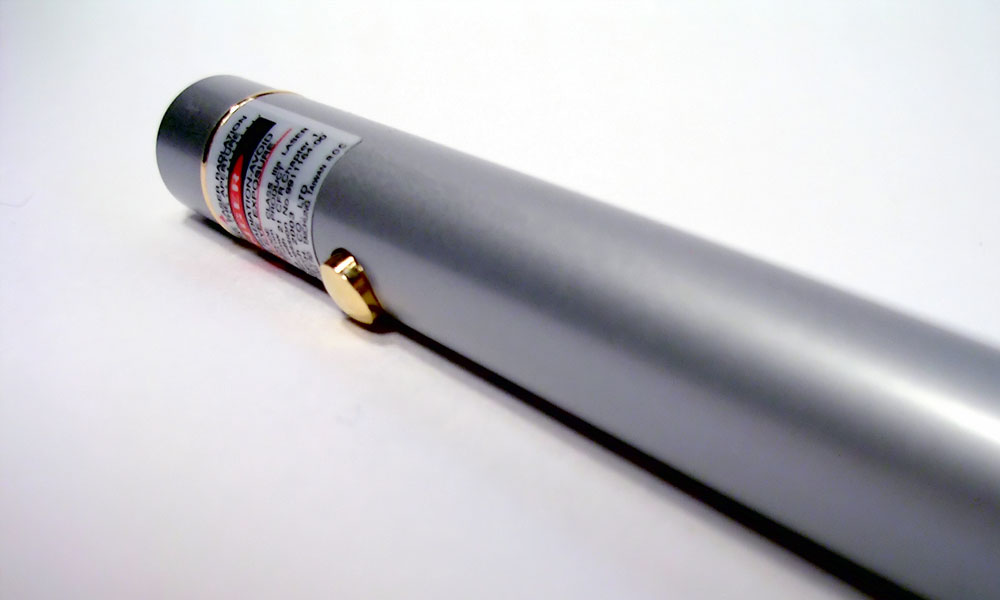
Why Laser Pointers Give Pilots Headaches
After a laser pointer temporarily blinded a copilot during takeoff over the weekend, the British Airline Pilots Association called for handheld laser pointers to be treated as weapons in the eyes of the law. The incident is one that's all too familiar for American pilots—and one that BALPA's U.S. namesake has closely worked on for years.
Handheld laser pointers have always received mixed reviews—first considered useful as a business tool, they quickly became annoying in public settings.
But one British industry group is warning that they’re powerful enough to endanger a plane and should be classified as weapons.
The British Airline Pilots Association (BALPA) raised the concerns this week after a Virgin Atlantic flight was forced to turn around and go back to London after the copilot on the New York-bound flight was temporarily blinded by a laser during takeoff.
Jim McAuslan, BALPA’s general secretary, called on the country to classify the devices as “offensive weapons,” allowing law enforcement officials to do more to go after those who flash them at aircraft.
“This is not an isolated incident. Aircraft are attacked with lasers at an alarming rate and with lasers with ever-increasing strength,” McAuslan said in a news release. “It is an incredibly dangerous thing to do. Shining a laser at an aircraft puts that aircraft, its crew and all the passengers on board at completely unnecessary risk.”
How the U.S. Tackled Laser Pointers
If BALPA is looking for some pointers on how to knock out the issue, it would be smart to look at what its U.S. equivalent did. In 2011, the Air Line Pilots Association (ALPA) sponsored a conference on laser attacks on aircraft, an event that saw legislators quickly siding with the pilots’ union.
“Let’s face it: The level of idiocy and wanton disregard for the safety of the flight crew and the flying public should be met with sanctions on the level of the risk posed to those on the plane and potentially those on the ground,” then-Rep. Dan Lungren (R-CA) said of the devices at the event, according to Bloomberg.
And in 2014, ALPA worked closely with the FBI to launch a campaign designed to deter people from pointing lasers at aircraft. (Yes, pun fans, there was a pilot program.)
The successful campaign was expanded nationwide by publicizing rewards of up to $10,000 for reports of such incidents that led to arrests. Such efforts were considered necessary because the FBI reported that, as of December 2013, there were 35 laser incidents in which pilots required medical attention.
“We want to encourage people to come forward when they see someone committing this crime, which could have terrible consequences for pilots and their passengers,” Federal Air Marshal George Johnson explained in an article on the FBI website.
(iStock/Thinkstock)






Comments